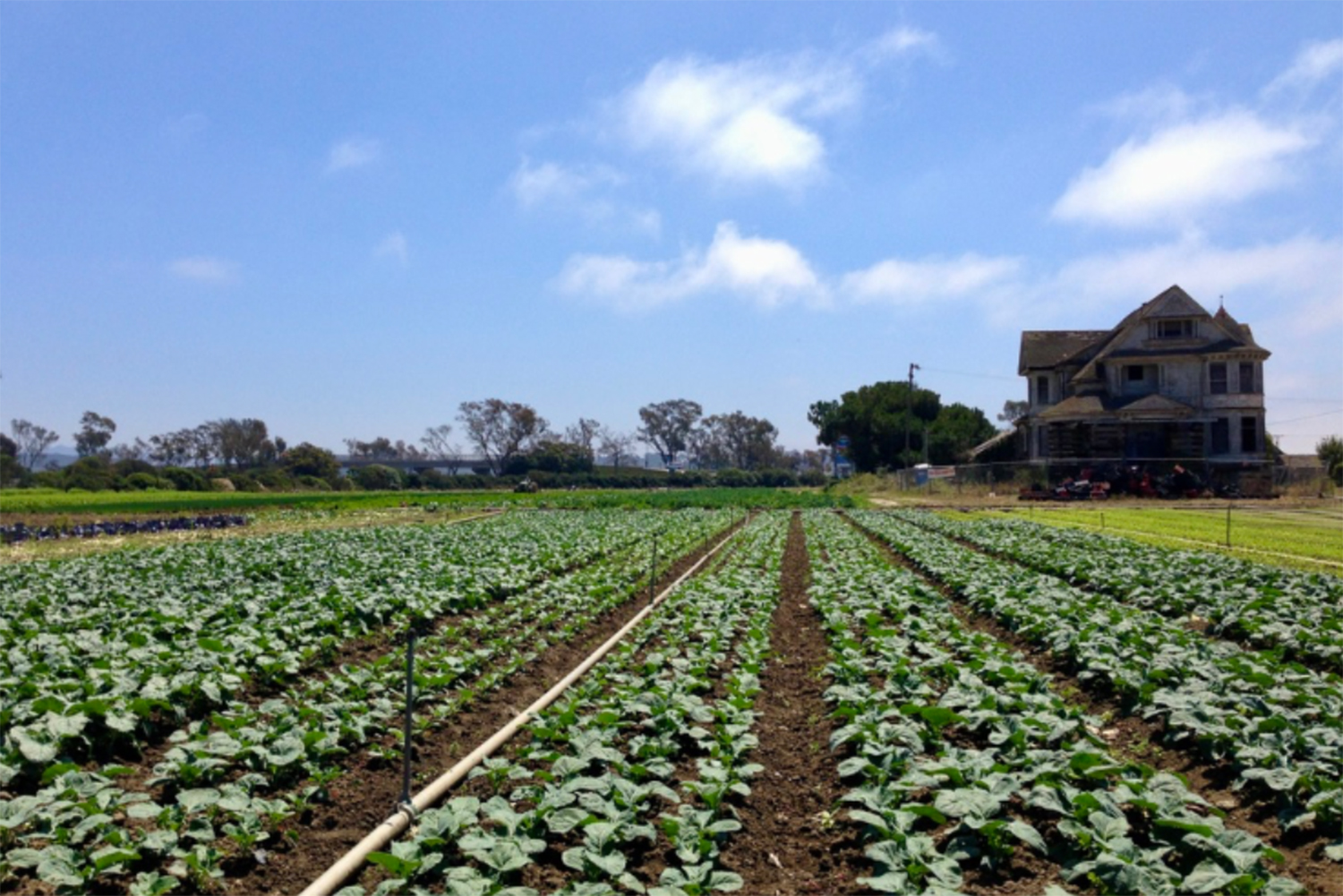Research Report
Evaluating the Potential of Private Farmland Investment to Catalyze Regenerative Agriculture
Private investment can be an important step in addressing land access and capital barriers, but there must be broader food system changes to meet the goals of scaling regenerative agriculture.

There is a growing recognition of need for changes to the U.S. agricultural system, which both contributes and is vulnerable to the climate crisis and generates significant negative social and environmental externalities. This report examines the potential of private investment in regenerative agriculture to address the interconnected ecological, social, and economic failings of the current system. Regenerative agriculture takes a systems-based approach to farming rooted in a series of principles that are applied differently in local contexts. This approach seeks to support healthy agroecosystem function and provide social and economic benefits.
The current U.S. agriculture system must be understood in the context of the historical policies that shaped it, which reinforce the barriers to using regenerative practices. These barriers include land access and capital barriers, misaligned federal incentives, technical and knowledge barriers, cultural barriers, and structural racism that excludes farmers of color from land access and credit.
Farmland has become a vehicle for investment and an increasingly attractive asset class over the past decade. There is an emerging category of farmland funds that market themselves as impact investors, with environmental and social goals in addition to profit. This report examines private investment as a strategy to reduce the capital barriers preventing farmers from accessing land and investing in regenerative practices. Specifically, this report examines whether and how a private investment vehicle that owns and manages farmland that is leased to farmers who agree to use regenerative practices could catalyze a shift resulting in 100 million cropland acres, or 25% of cropland, that are farmed regeneratively by 2030.
This report focuses on three private investment vehicles: private Real Estate Investment Trust, Real Estate Limited Partnership, and private equity Limited Liability Corporation.